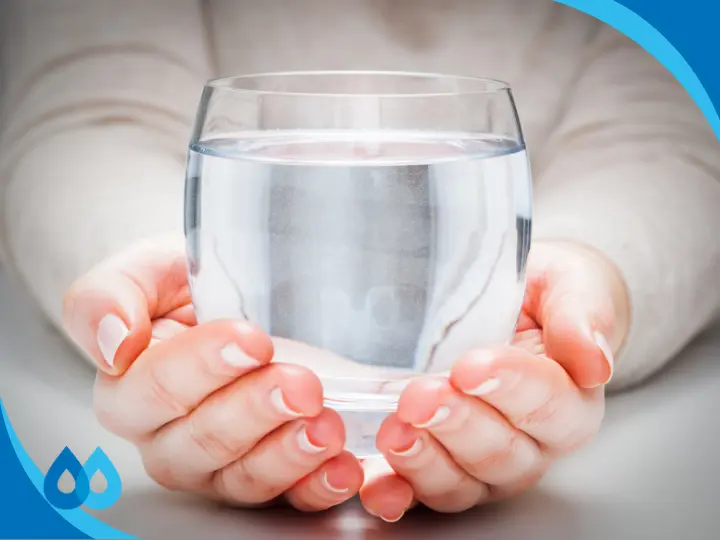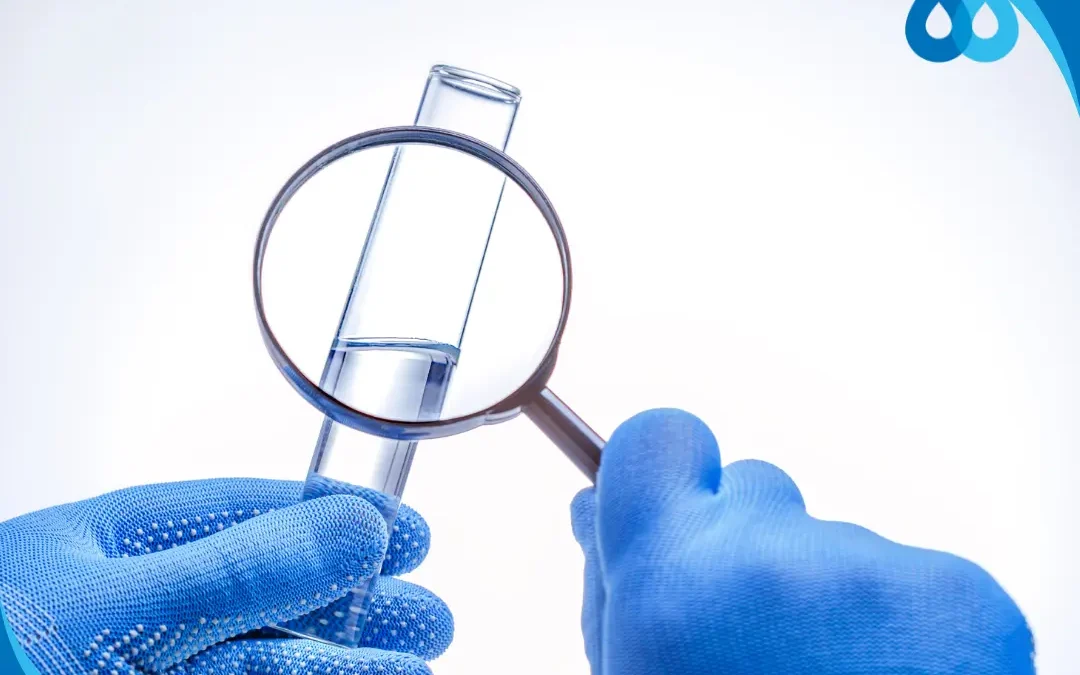August is National Water Quality Month! And as the hottest month of the year for many, it’s a great time to emphasize the importance of protecting our freshwater resources. Water connects all living things on the most fundamental level. Yet, there aren’t many of us that stop to consider how we might be contributing to water pollution. Let’s use this time to reflect on the importance of clean drinking water and how clean, safe water can impact our health and wellness.
How Does Clean Water Impact Our Health?
Water is for more than just quenching our thirst. Access to clean drinking water sustains our survival! Clean water is essential to human safety and has a lasting impact on our health. Poor water quality can have serious consequences, bringing waterborne diseases, gastrointestinal issues, skin conditions, and even contributing to chronic health problems.
Protecting water quality and access to clean drinking water is essential to our health, our economy, and our environment. Not to mention that access to clean water is a human right! Throughout time we can see that access to clean water is directly linked to a decrease in poverty and an increase in health and sustainable development.
Water Quality Month: Understanding Common Sources of Water Contamination
It can be difficult to imagine the challenges of water contamination, especially when the contaminants are …well, invisible. (To the naked eye, at least.) But let’s look closer at common sources of water contamination. Then, you can choose the best water treatment option for your home.
Pesticides
Beautiful green lawns are often maintained with the help of pesticides, which can seep into the wastewater. Once these harsh chemicals have infiltrated the water sources, the water quality can be seriously compromised. Water that has been contaminated by pesticides can cause skin problems, digestive upset, and contribute to chronic conditions.
Agricultural runoff
Fertilizer runoff from large farms is a massive source of freshwater pollution. This agricultural runoff is devastating because it results in excess algae growth which is deadly to aquatic ecosystems. While you may think the water you save is a drop in the bucket compared to the harm done by large corporations, knowing where your water comes from is a good place to start if you want to keep companies in check.
Arsenic
How does something as toxic as arsenic get into our drinking water? Arsenic enters the groundwater naturally with rock erosion over time. But, some areas of the US have high levels of arsenic due to industrial discharge or overpumping. Industries like agriculture, mining, metal production, and power plants have been known as sources of arsenic poisoning as well.
Bacteria
So many kinds of bacteria can thrive in stagnant water, and the resulting illnesses can range from mild to severe. These waterborne bacteria impact water safety and threaten human health! The most common waterborne pathogens that threaten our water quality today include E.coli, coliforms, and legionella.
Salt
Salt pollution is a huge problem affecting water quality. The biggest drivers of salt pollution are the salt for de-icing roads in the winter and the salt discharged from water softeners. Traditional salt-based water softeners produce a salty brine that permanently pollutes the water quality. If your water softener drains to a public wastewater source, likely, your local treatment plant is not capable of removing sodium chloride.
You can protect against salt pollution by opting for our water softener exchange tank service that keeps the salt brine contained in our facilities or by investing in another eco-friendly water softener alternative that requires no salt for operation.
What Can We Do to Ensure Clean Drinking Water?
Consult local water testing reports to check your water quality.
Finding out where your drinking water comes from is a great way to take an active interest in protecting your water quality. Consult local water testing reports to get a closer look at potential contaminants in your water supply. By staying informed about threats to your water quality, you empower yourself to make the best decision for your health, home, family, and community.
Test private well water.
Getting your water from a private well brings its own set of challenges. To ensure clean drinking water from your private well, consider professional water testing every few months to detect contaminants. Private well water can be especially hard, but that doesn’t mean you shouldn’t enjoy the benefits of soft water, too! Our water softeners can improve the taste of your water at the source without compromising your future water quality with salt pollution.
Don’t flush expired medication.
How do you get rid of expired or unwanted medication? You may be tempted to flush your prescription down the toilet, but these toxic chemicals cannot be removed from the wastewater. Protect your water quality by properly disposing of all medications. While some places offer drug drop-off programs, the FDA and EPA recommend disposing of medication by putting it into a plastic bag with an undesirable material like cat litter or coffee grounds.
Pick up after your pet.
Dog poop in the neighborhood is not only an eyesore, but it threatens the local water quality. Since animal waste contains different nutrients, the result can be deadly to local aquatic ecosystems. The nitrogen and phosphorus in pet waste can contribute to algae blooms that compromise water quality. Picking up after your pets is one of the best things you can do to protect your water quality!
Opt for a water softener that does NOT release salt brine into the wastewater.
When considering a sustainable way to protect the future of water quality, remember the impact that an environmentally friendly water softener can have! While traditional water softeners use salt in the regeneration process, you can mitigate the damage done by opting for a water softener that does not release salt brine into the wastewater. This way, everyone wins! With a no-salt water softener or exchange tank service, you can provide the best quality water without compromising the future of your water quality.
Celebrate Water Quality Month with RWI Water Systems
As we celebrate National Water Quality Month, let’s take a moment to appreciate the difference that residential water treatment can make in our daily lives. Choosing a water softener or water filtration system not only protects your well-being and provides you with safe and clean drinking water, but choosing the right water treatment for your home or business can help protect your local water quality, too!
While providing clean drinking water to your home by filtering out water contaminants like lead, arsenic, nitrates, and pesticides, RWI Water Systems also works to protect water quality with eco-friendly options like our water softener exchange tanks and whole house no salt-conditioners. Contact us to elevate your water quality today!




